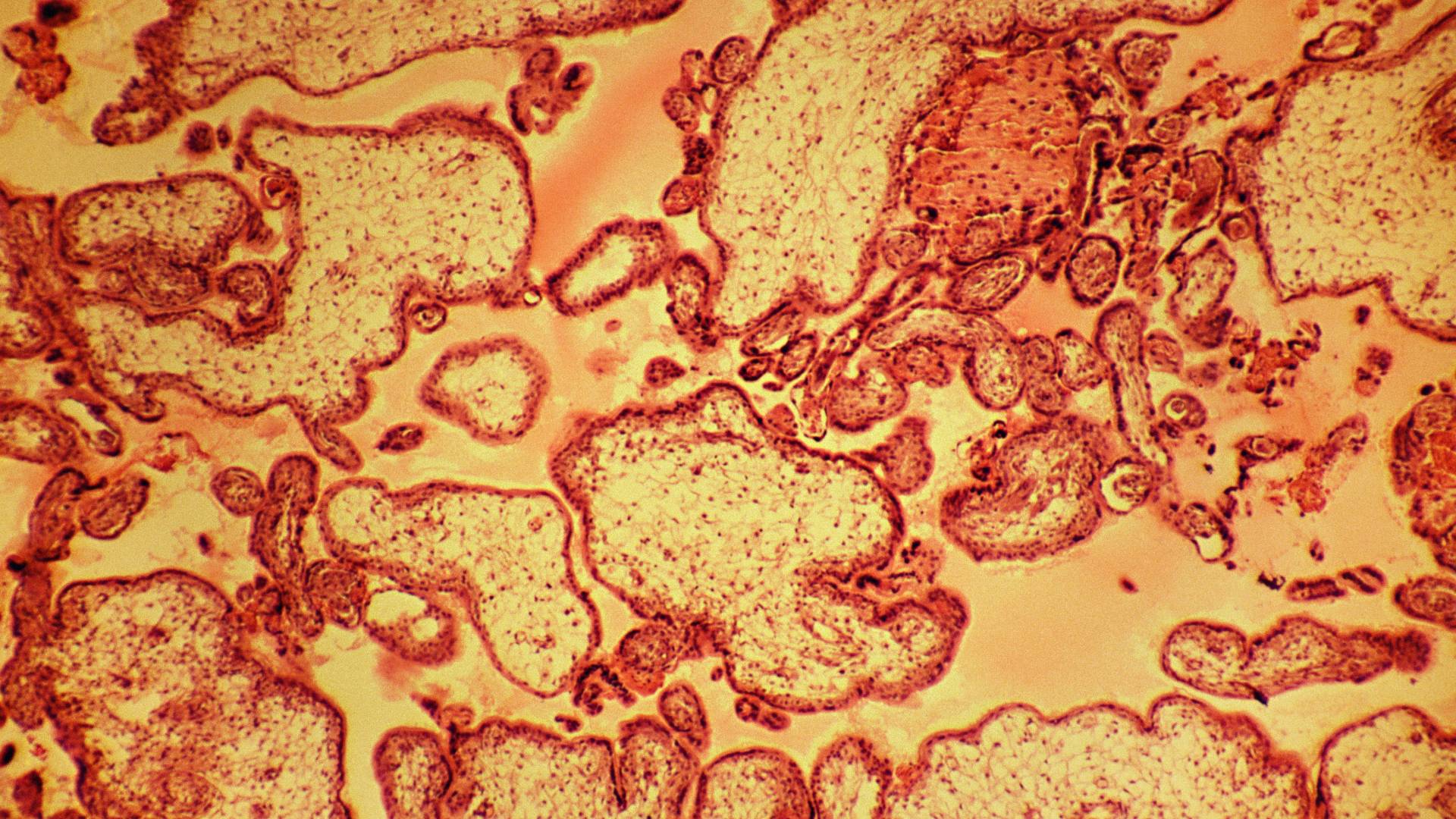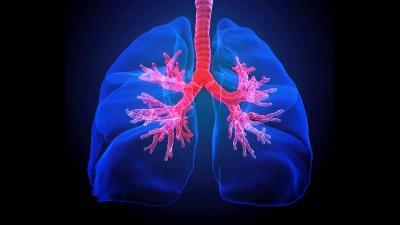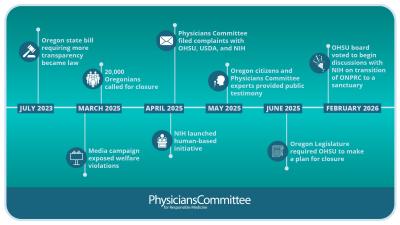Researchers Develop Human-Specific Technique to Study Congenital Disease

Study in a Sentence: Researchers discovered a novel technique for deriving primary fetal epithelial three-dimensional organoids from human amniotic and tracheal fluids obtained during amniocentesis, offering possible insights into early human development and congenital fetal diseases.
Healthy for Humans: For years, scientists have generated organoid models to investigate fetal development and congenital diseases by utilizing fetal tissue from terminated pregnancies, a practice that has been surrounded by controversy. Now, researchers have been able to isolate epithelial/progenitor cells of the lung, small intestine, and kidney from human amniotic fluid, a source of cells from multiple developing organs, and grow the cells into three-dimensional organoids without affecting the developing fetus or relying on terminated pregnancies. While the organoids are not ready for clinical use, they may eventually be used to test medication in vitro before delivering to the patient or to study lungs that do not develop properly, as with congenital diaphragmatic hernia.
Redefining Research: The discovery of viable epithelial cells in amniotic fluid and the subsequent derivation of primary lung, small intestine, and kidney organoids will potentially allow the investigation of therapeutic tools and regenerative medicine strategies personalized to the fetus at clinically relevant developmental stages.







